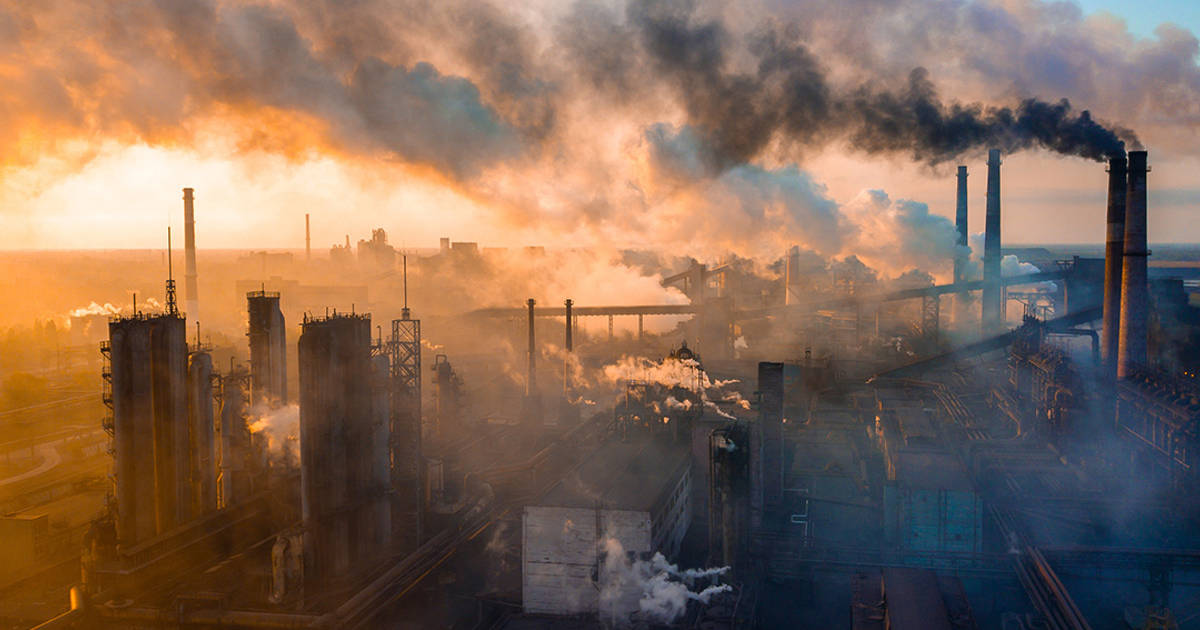Even if export revenues slump, perhaps due to a looming trade war or China’s spluttering economy, Russia has plenty of resources it could tap to maintain elevated levels of state spending. The largely state-owned banking system is sitting on piles of cash that could be paid as dividends to their owner: the state. Banks could also be directed to buy government bonds, as they were at the end of 2024. If all else fails, the CBR could buy government bonds.
Importantly, Russia’s resilience is not purely financial in nature. The foundations of the market economy built in the turbulent 1990s remain strong. Much of Russia’s unexpected adaptability has come not only from its well-trained and professional economic managers, but also from its large and growing class of private business.
Accustomed to operating in an often hostile and challenging business environment, privately owned firms have exploited the opportunities created by sanctions to supply soaring demand from the government and consumers. The number of registered private businesses has grown briskly since the war began, reaching a record high in 2024. It is this strong base of commercially oriented firms that will enable Russia to continue adapting to sanctions and the demands of war.
Calibrating Expectations
To be clear, Russia’s economic prospects are far from rosy. Property rights remain weak, and the state’s role in the economy is high and growing. The vagaries of the international oil market always retain the potential to generate a strong external shock. Western sanctions will also continue to raise the cost of doing business and restrict the flow of know-how to Russian businesses. As a result, Russia is unlikely to join the ranks of high-income countries any time soon.
However, the country’s poor long-term prognosis should not lead us to overlook its short-term resilience. Throughout its 500-year history, Russia’s economic system has rarely delivered broad-based growth or economy-wide innovation for long. Instead, the needs of the market have usually been subordinated to the needs of the state, often to enable the Kremlin to pursue security-related objectives.
Today’s system is no different. Designed to ensure that the Kremlin can pursue a sovereign foreign policy against the interests of the collective West, it is doing its job. The market is strong enough to give the system adaptability and dynamism. And the state is strong enough to ensure that sufficient resources are mobilised towards achieving its security objectives.
For as long as this equilibrium remains intact, Russia will be able to generate the necessary economic resources to sustain enough military power to wage war in Ukraine and, over the longer term, to rearm for a prolonged confrontation with the West. Any hopes that its economic vulnerabilities will bring it to the negotiating table are therefore unlikely to be realised.
© Richard Connolly, 2025, published by RUSI with permission of the author
The views expressed in this Commentary are the author’s, and do not represent those of RUSI or any other institution.
For terms of use, see Website Ts&Cs of Use.
Have an idea for a Commentary you’d like to write for us? Send a short pitch to commentaries@rusi.org and we’ll get back to you if it fits into our research interests. Full guidelines for contributors can be found here.
